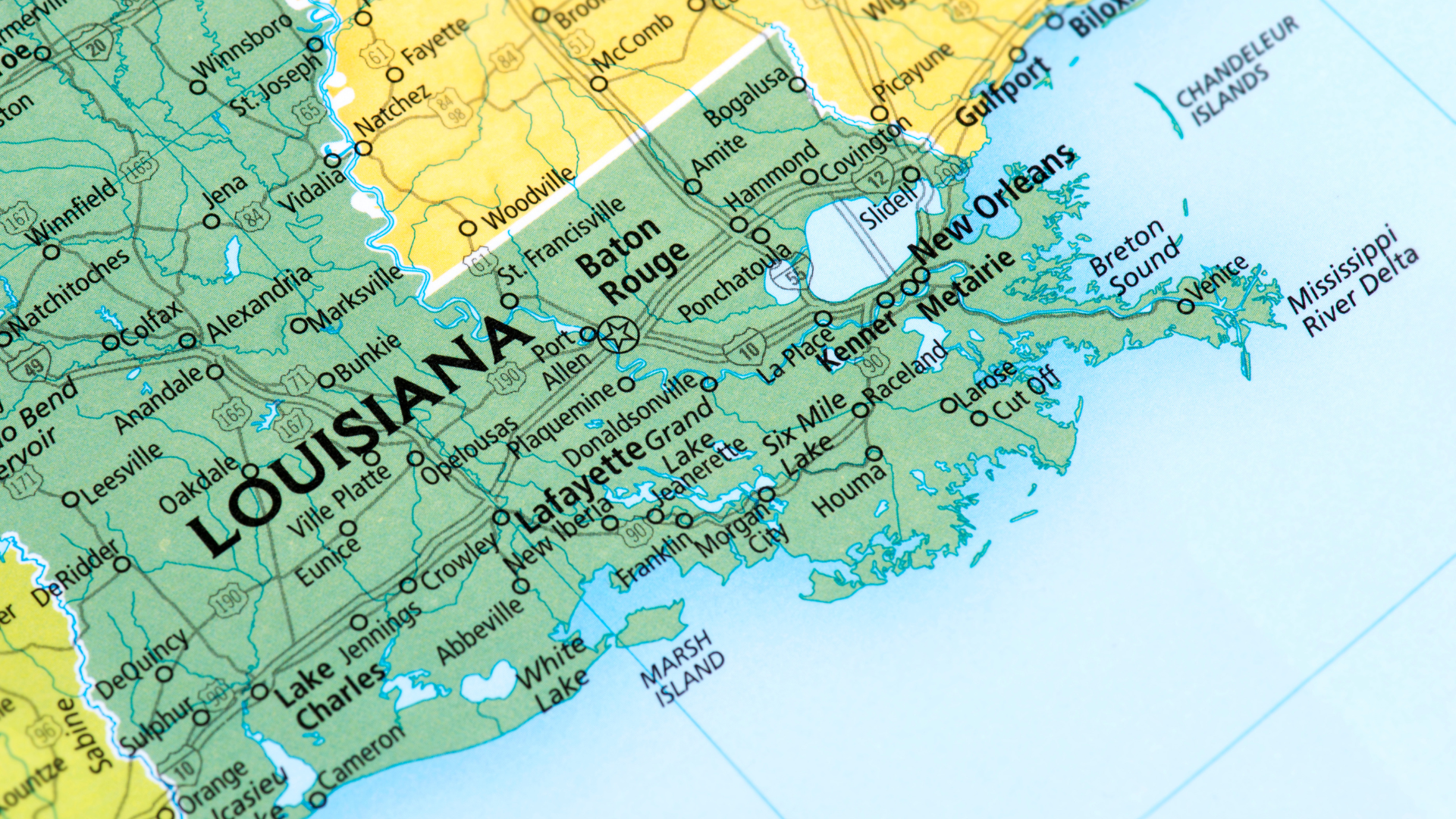Ponchatoula Expands Local Kratom Ban in Lousiana Behind Scare Tactics, Misinformation
PONCHATOULA EXPANDS LOCAL KRATOM BAN IN LOUSIANA BEHIND SCARE TACTICS, MISINFORMATION

On the surface, another local Louisiana community has taken action to ban kratom.
But on closer inspection, the recent rash of anti-kratom activity in the state illustrates the next step in the playbook against kratom: Misinformation and denial of science.
Ponchutula became the latest municipality in Louisiana to bar the sale of kratom within its limits when the city council passed an ordinance targeting the plant. That follows a handful of other communities in the state who have taken action against kratom, and goes against the decision of the state legislature, as kratom advocates wait for the upcoming legislative session and a chance to fight back.
An ordinance to ban kratom sales in the city passed 4-1 in the ongoing effort against kratom in the area. Ponchutula is part of Tangiapahoa Parish, which mirrors the structure of a county government in other states. Earlier this year, Tangipaho Parish first rejected an attempt to ban kratom, before reconsidering the effort after the less-than-factual testimony from a representative of the sheriff’s office.
Following a similar effort to skew the discussion around kratom, the vote to ban kratom in Ponchatoula was more of a formality after the councilors' public comments.
Selling the Same Scare Tactics
One of the popular points of contention among those opposed to kratom was the safety profile of the plant–specifically concerns over a fatal overdose that was reported in St. Tammany Parish. Opponents of kratom have often cited warnings by the Food and Drug Administration (FDA), the Drug Enforcement Administration (DEA) and others, despite the lack of research to back the cautionary claims made by those agencies. The councilors in Ponchutula took the next step and leaned on misleading warnings and factual inaccuracies to make their point.
Kratom is currently not approved for any medical purpose, nor is it allowed to be marketed as a specific treatment for medical conditions. Advocates for kratom have testified in multiple states about trying to alert the FDA to bad actors who are violating those rules. That still didn’t stop Councilor Vergil Sandifer from misrepresenting kratom.
Sandifer told the council that he had “checked” with pharmacists who refuse to carry kratom, even though kratom is neither a controlled substance nor an approved medicine. Knowing that it’s illegal to market kratom for purposes it has not been approved for, Sandifer used that fact to cloud kratom’s profile.
“It is not regulated and they will not fool with it,” he said.
That wasn’t the end of Sandifer’s attack on kratom.
During testimony in front of the Tangipahoa Parish Council, a representative of the sheriff’s office offered a scare tactic far beyond any official warning or claim made by the FDA or another agency. The sheriff testified that the different strains of kratom mimicked the effects of heroin, cocaine and methamphetamine. Early claims against kratom accused the plant of presenting a similar risk to opioids–recent research has started to dispute those claims.
Offering Opposition
As part of a hearing on kratom hosted by the United States Congress, researchers from a variety of institutions spoke to emerging research on the plant. A researcher from Johns Hopkins presented data about why people used kratom, with a tiny portion indicating they were seeking a high. A chemist from Ohio State University presented information about how kratom possesses a safety profile distinctly different from that of opioids.
Finally, Dr. Christopher McCurdy testified about how dangerous, synthetically-enhanced kratom products could show up as a natural kratom product on a toxicology screening. While McCurdy said he believed pure-leaf kratom has a relatively tame safety profile, he showed an example of a sample tox screen that would make it impossible for medical professionals to distinguish between natural and enhanced products.
According to that panel of experts, it’s additives and adulterated kratom products that present the real risk when it comes to the plant.
Again, that didn’t stop the councilman from painting kratom as a mysterious intoxicant, despite early research indicating the opposite.
“One of the problems with kratom is that nobody knows what’s in the stuff,” Sandifer said. “It can be marijuana and nobody will know.”
Councilman Melvin Toomer was the dissenting vote, and even though he was far from an advocate, he provided a voice of reason and honesty in the face of confusion and disinformation. Although some in the state have taken action against kratom, Toomer pointed out that the patchwork approach to regulation does little to address actual access to kratom.
“You can walk to St. Tammany Parish or walk to Hammond and get it,” he said. “To me, it should be a legislative thing that they recommend it be banned and not our little town getting involved.”
Toomer’s position, and the momentum toward a ban, were guided by individuals using fear tactics that defied the reality of the situation, it was not far off from the discussions around potential kratom legislation in Louisiana.
The three speakers who testified in favor of kratom have become recurring characters in the ongoing kratom discussions in the state of Louisiana. All three testified before the state legislature when kratom regulations were being discussed, spoke out against various city and parish councils attempting to ban kratom and showed up in Ponchatoula to repeat the same message: Banning kratom will only criminalize customers and lead to kratom consumers seeking out less-reliable sources for their supplements.
“You will not do any good by banning this,” said Adam Peak, the co-owner of a store that has been selling kratom for 10 years. “I would rather see better regulation and control than a ban that is just going to nurture a black market.
“This is going to hurt more than it is going to help.”





